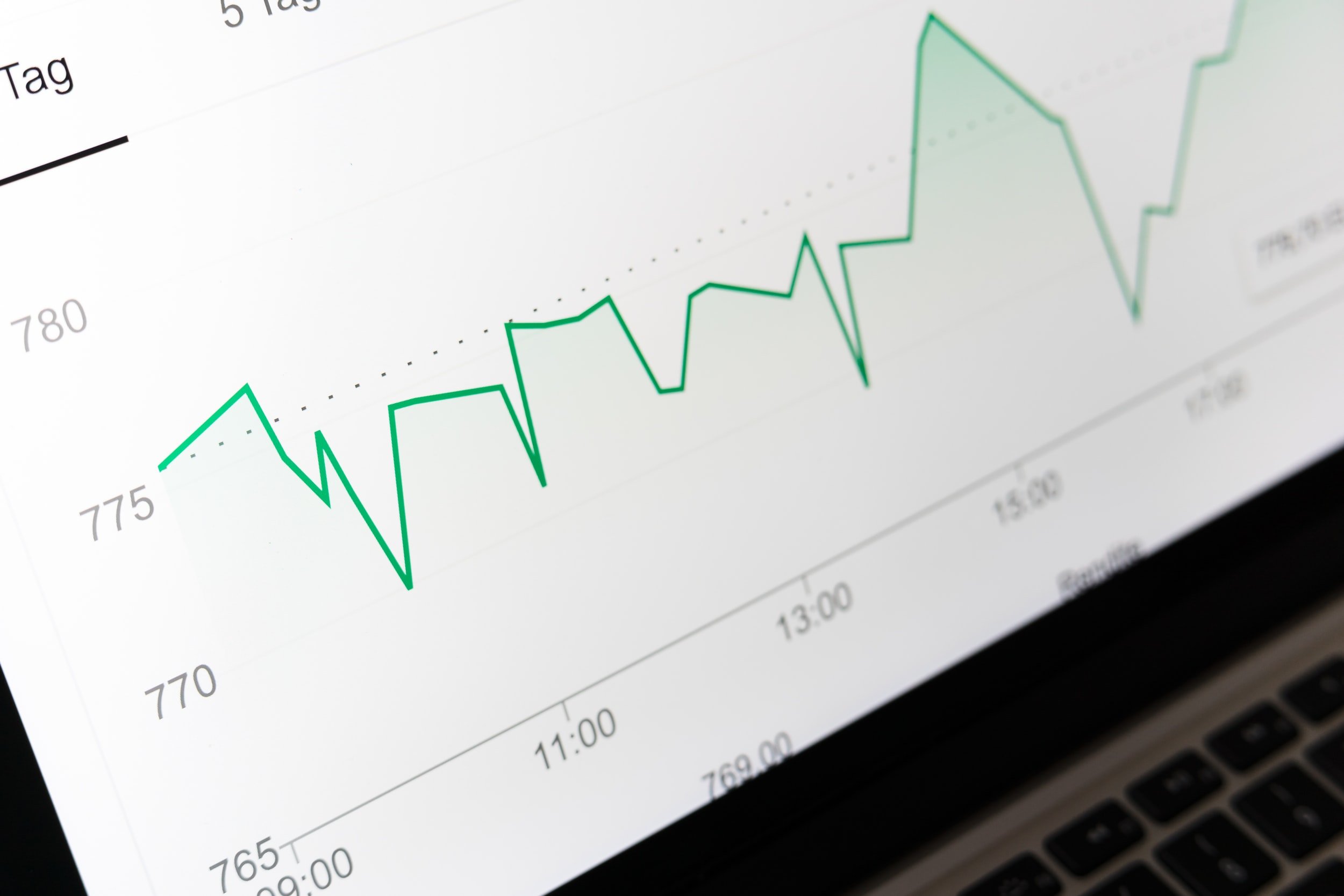Resources
We have gathered a variety of resources that can help inform and further your NextCycle Washington project toward application-ready and investment-ready. Each resource is labeled with a category (type of resource) and tag (topic of resource) that enables you to use the filter feature to find specific information.
We’d love to know if there is a resource that you think belongs on this list! Please let us know by emailing us at NextCycleWA@recycle.com.
Provides information on NextCycle Washington’s Cohort 2 accelerator activities and teams.
The intent of this research and resulting map series is to illuminate the relationships between community-focused circular economies (e.g., community reuse, repair, share, compost) and the compounding threats to community resilience facing Washington State. Building on the Washington Department of Health’s, Environmental Health Disparities Map, we show where funding, investment, and technical assistance are being directed and where it is needed.
The goal of this analysis is to aggregate and analyze existing data to identify and prioritize system needs and forecast possible outcomes of targeted interventions and investments in Washington state’s circular economy.
This guide is intended to help entrepreneurs and organizational leaders understand the spectrum of funding opportunities available, choose an approach that is suited to their mission, stage of development, and product, service, or program, and prepare successful funding pitches and applications.
A guide to help early-stage investors effectively screen and evaluate startup companies seeking funding.
This can help startups see what investors may be looking for when funding projects.
The ReFED Roadmap to 2030 looks at the entire food supply chain and identifies key action areas to help reduce food waste. Read More
EREF grant program provides funding for projects related to sustainable solid waste management practices including minimization, recycling, waste conversion, diversion strategies, and landfilling. Read More
A condensed guide to developing a clear, concise business pitch that investors will understand. Read More
Guide for start-ups and what they need to know about raising the seed funds critical to getting their business started. Read More
Online videos and exercises teach you how to describe your business including customers, their situation, the unique value your business provides, and more. Read More
Actionable steps to build a diverse workforce, boost growth, generate a higher ROI, and retain employees. Read More
Article outlining different aspects of starting a business including costs, business plan, cash for start-ups, ownership requirements, building credit, and more. Read More
The bureau of labor statistics offers several programs that generate business costs related to labor, goods, and services. Read More
The Association of Plastic Recyclers (APR) has created model bale specifications for various plastics including rigid plastics (HDPE & PP), film, PET, and polystyrene. Read More
The design guide helps packaging designers compare aspects of package design against industry-accepted criteria to ensure recyclability. Read More
Learn about the use of compost in landscape/building specifications in building, construction, highway seeding, planting, erosion control, and other applications. Read More
The map shares volumes of plastics by type and the flows by country, state, and province highlighting critical opportunities to recapture valuable plastics for manufacturing. Read More
An annual global circularity metric that measures the state of the world economy and identifies key levers to transition to global circularity. It also provides insights into the circularity gap of individual countries and sectors. Read More
The Washington State Department of Ecology commissioned a four-season municipal solid waste (MSW) characterization study in 2020-2021. Read More
The 2020 study, sponsored by the Washington State Dept of Ecology, includes data on plastic packaging waste generation, disposal, and management in Washington. This report describes these findings as well as the infrastructure necessary for a plastic packaging management system that meets the intent of the Legislature’s goals. Read More
The 2020 EPA REI report presents the results for nine material categories, estimates the contribution of recycling to the nation’s economy, updates the 2016 report, compares the results between the updated model and the 2016 model, and provides the foundation to integrate data with the US EPA Input-Output (USEEIO) model. Read More
In 2019, King County conducted a year-long waste characterization study and customer surveys at its disposal facilities as part of the Waste Monitoring Program. This research included data collection across all four seasons across throughout county. Read More
As part of King County’s Waste Monitoring Program in 2019, Cascadia Consulting Group conducted a characterization study focused on the organic materials coming from commercial businesses across King County, except for those from the City of Seattle. . This document describes the methods and outcomes of this materials characterization study of incoming commercial organics loads destined for organics processing. Read More
In 2017, the King County Solid Waste Division (SWD) completed a comprehensive characterization study of the single-family curbside collection program as part of the County's ongoing waste monitoring program. The study sought to understand residential composition and contamination, and generation rates, participation rates, and capture rates for the portion of the single-family population with curbside collection. Read More
The Washington State Department of Ecology commissioned a four-season municipal solid waste (MSW) characterization study during 2015-2016. Read More



























